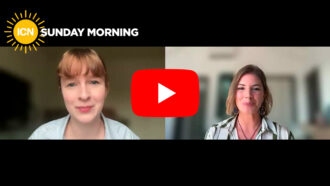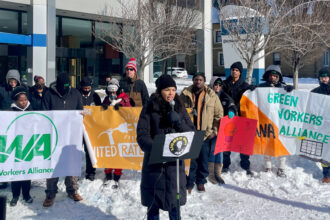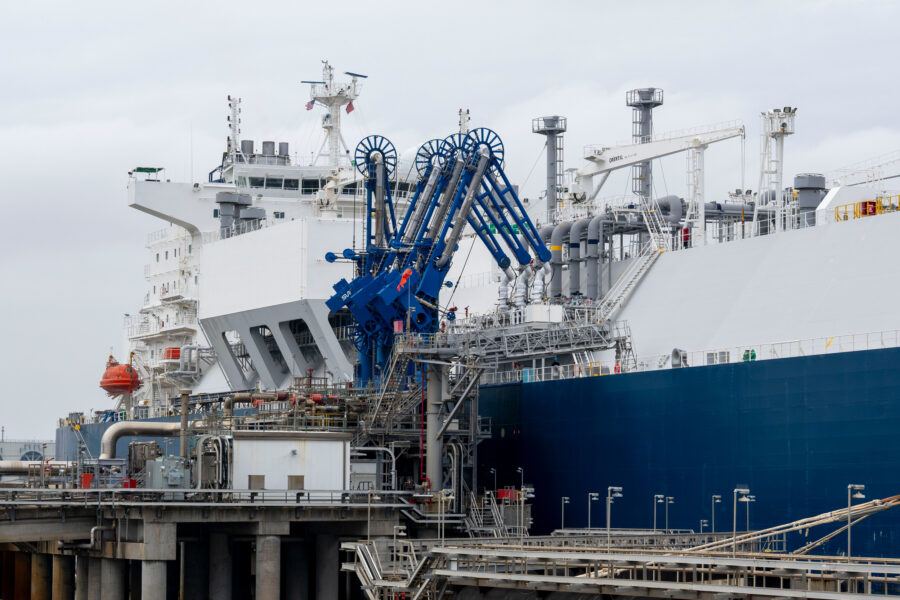by Tim Webb, Guardian
BP will begin its legal offensive this month to cap its liabilities from the Gulf of Mexico disaster by offering those affected one-off compensation payouts in return for them waiving the right to sue. US lawyers say tens of thousands of affected people in the Gulf, particularly those in the fishing and tourism industries, are weeks away from bankruptcy.
BP, which will try to permanently seal the Macondo well with a "static kill" operation on Tuesday, hopes that settling claims in this way will help it to begin to draw a line under the crisis and to quantify the costs.
But lawyers say it is impossible to calculate future lost earnings. There is also no way for claimants to know whether they would receive more compensation if they decided to sue BP in the courts, which would take many months with no guarantee of success.
Brent Coon, a Houston-based lawyer, said: "These are mostly uneducated people."
Applicants could rush to apply for a one-off, lump sum payout if they believe that BP will run out of money or will put its US business into bankruptcy.
Ken Feinberg, who was appointed by the White House in June to administer the claims process on behalf of BP, will take charge within the next three weeks. BP has committed to pay $20bn into the fund in a series of installments over the next three and a half years.
The fund does not cap BP’s liabilities at $20bn. But privately the company believes that it will not have to pay out anywhere near this sum. BP has hired a battery of lawyers to protect itself, and so far it has paid out $261m in claims.
When Feinberg takes over this month, for the first time claimants will be offered a one-off sum based on their future lost earnings, provided they agree not to sue BP.
"The fund will offer lump sum payments in return for an agreement not to pursue claims in court," a spokeswoman said.
Claimants will also be able to receive an emergency payout to cover their lost income for up to six months without waiving their right to sue BP. BP had been making monthly payouts.
A spokeswoman for Feinberg did not answer emailed questions from the Guardian about how a one-off payment would be calculated. Claims from those directly affected by the spill, such as fishermen, will qualify but uncertainty surrounds those more indirectly affected. For example, many owners of beach apartments in Florida – even where no oil hit the shore – face bankruptcy because holidaymakers stayed away.
"BP could argue that it could not foresee that people would react this way," said Coon. "At some point the chain of foreseeability becomes so remote that as a matter of law there is a capping of liability." Feinberg has said such indirect claims may be determined by state tort law.
It is likely to be many months, and probably years, before BP knows the cost of legal action by other companies involved and any fines payable.
Today, it emerged that the US Coast Guard routinely approved BP’s requests to override a federal directive to ban the use of toxic dispersant to break up the spill except on rare occasions. The coastguard granted 74 exemptions over 48 days, according to documents obtained by Ed Markey, chairman of the House energy and environment subcommittee.
According to BP, 1.8m gallons of dispersant have been pumped into the Gulf. Scientists say that the resulting high toxicity levels could harm marine life for years to come.
On Friday night, the House of Representatives passed legislation that would block BP from winning future drilling permits in the US because of its safety record.
Republished with permission
About This Story
Perhaps you noticed: This story, like all the news we publish, is free to read. That’s because Inside Climate News is a 501c3 nonprofit organization. We do not charge a subscription fee, lock our news behind a paywall, or clutter our website with ads. We make our news on climate and the environment freely available to you and anyone who wants it.
That’s not all. We also share our news for free with scores of other media organizations around the country. Many of them can’t afford to do environmental journalism of their own. We’ve built bureaus from coast to coast to report local stories, collaborate with local newsrooms and co-publish articles so that this vital work is shared as widely as possible.
Two of us launched ICN in 2007. Six years later we earned a Pulitzer Prize for National Reporting, and now we run the oldest and largest dedicated climate newsroom in the nation. We tell the story in all its complexity. We hold polluters accountable. We expose environmental injustice. We debunk misinformation. We scrutinize solutions and inspire action.
Donations from readers like you fund every aspect of what we do. If you don’t already, will you support our ongoing work, our reporting on the biggest crisis facing our planet, and help us reach even more readers in more places?
Please take a moment to make a tax-deductible donation. Every one of them makes a difference.
Thank you,












